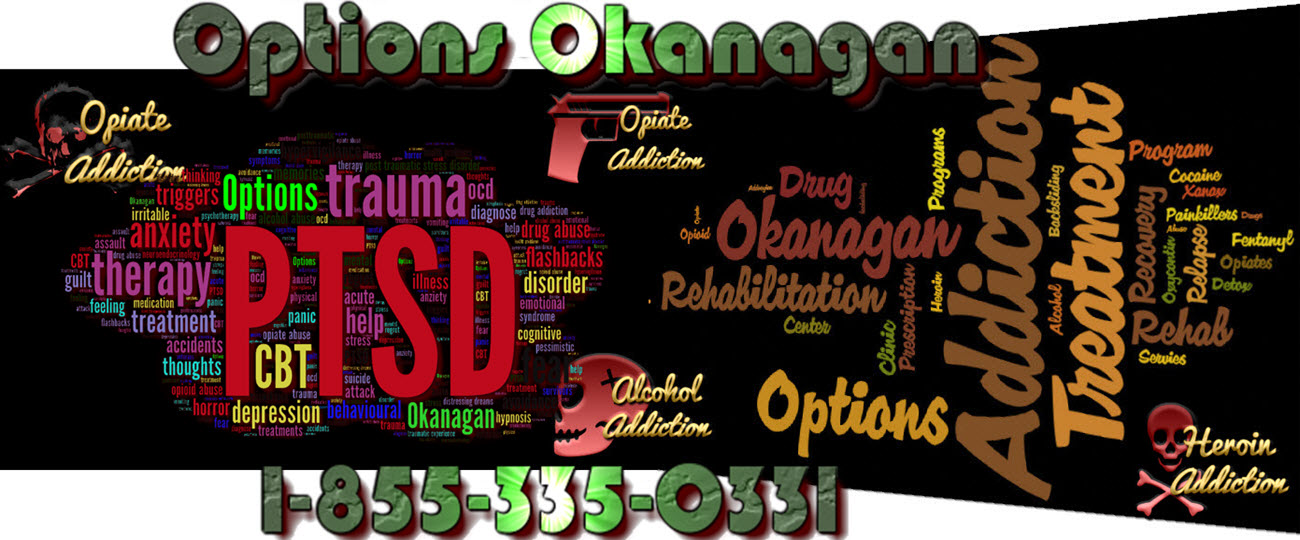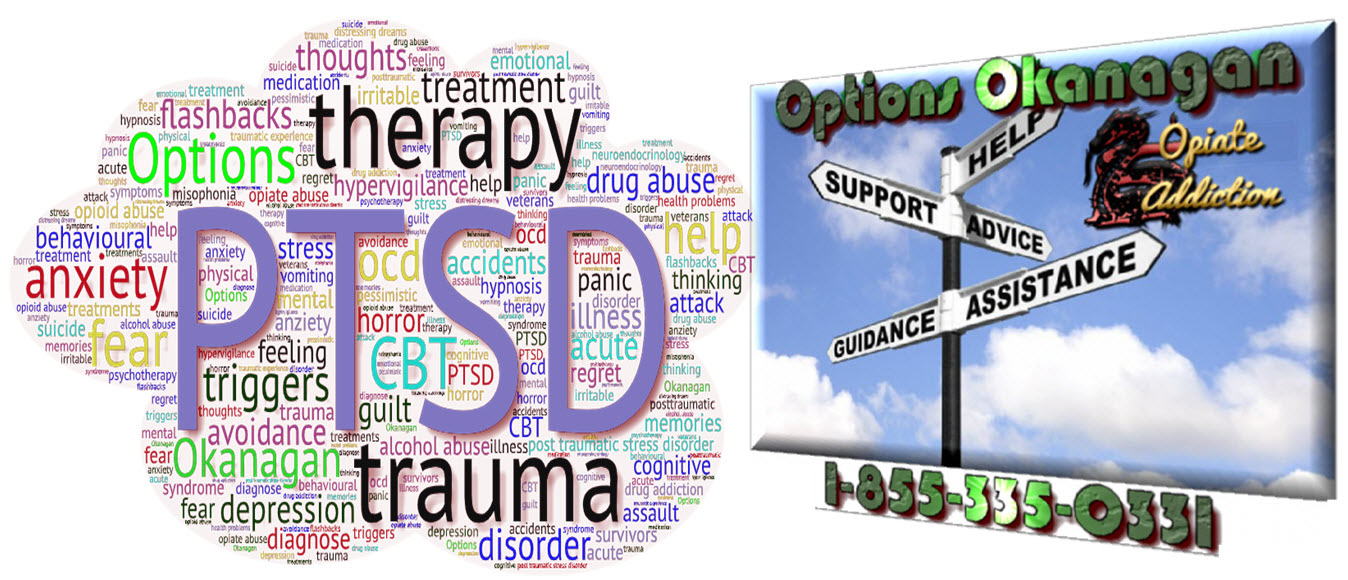Anxieties and fear can be paralyzing to a person and also can lead to becoming a personality disorder. Mental health disorder treatment programs and drug rehab programs in Alberta and British Columbia – Options Treatment Center in Kelowna, British Columbia treating drug, opiate, fentanyl, heroin, and alcohol addiction and recovery.
Drug Rehabs In Alberta And BC
When An Individuals’ Anxiety Becomes a Personality Disorder and When Fear is Paralyzing
People with severe anxiety issues will many times cause medical professionals to diagnose these individuals with personality disorders. The two most common symptoms are explained below.
Anxiety personality disorder (preventable) is characterized by emotions that are insecure, tense, and afraid everywhere and always. These people believe that they are unworthy, atypical, and socially incapable and not as important as others. This feeling often means that the person is avoiding the relationship unless they are sure that the other person likes them.
Emotionally unstable personality disorders occur in two forms: “impulsive type” and “boundary type”, both of which have the following characteristics: inability to think and plan ahead, combined with real self-control and sudden bursts of extreme anger. This anger itself can lead to other behaviors such as violence, especially when these actions are triggered or stopped by those closest to them.
The emotional instability of the impulsive type manifests itself in a poor ability to control their impulses. Individuals will use violence and threatening behaviors which are widespread and largely a direct reaction to other criticisms of the person.
Emotional instability limits can be marked by strong doubts about personal goals, images, and sexual preferences that lead to frustration and distress.
Mental Health Disorder Programs In Alberta And BC
Being always tired and having extremely depressing feelings can cause suicide or at least hurting themselves. People find themselves in tense and limited emotional relationships that often experience a crisis, but where they try to stay in them so as not to be left alone.
The diagnosis of this mental state is controversial because the cause and treatment are not fully approved. Certain sufferers benefit from being emotionally open to discuss difficult and disturbing past experiences.
By broadcasting their problems, they can better identify risk situations and learn how to deal with them.
When fear is paralyzing.
Common anxiety disorder affects millions of people in Canada and the United States. Anxiety disorder symptoms are numerous and vary for each individual. However, there are some anxiety symptoms that are the same for everyone and usually characterize their lives and lifestyles. Most of the time, these individuals who suffer and struggle with their lives in conditions of chronic and excessive fear and tension.
Extreme emotions can arise even if nothing provokes this feeling. These anxiety symptoms can always make the person concerned and always on guard anticipating a disaster.
Although fear or worrying is a natural emotion and everyone experiences it from time to time in their day-to-day lives, the suffering of those affected is chronic and in many cases pathological. Often, an individual who has a chronic worrier condition allows their worries to rule over their whole world and sometimes incapacitates them and obstructs their daily lives.
This can cause insomnia, panic attacks, and depression. Anxiety and intense fear also often occur in these anxiety symptoms. Other physical symptoms include lightheadedness, headaches, diarrhea, nausea, or even tremors. Palpitations in a person’s heartbeat, shortness of breath and problems with concentration can also occur.
Individuals will have irritability issues and mood swings, constant tension, combined with the inability to relax, are common symptoms of anxiety disorders and all contribute to other symptoms. This vicious circle can sometimes affect not only the person concerned but also the family of the person concerned.
The stresses of life of someone suffering from General Anxiety Disorder, the inability to deal with constant and sometimes invisible fear, constant depression, and mood swings can have an impact. Most families do not survive well if someone in their family suffers from this mental health disorder.
Options Okanagan Opiate and Alcohol Treatment Centers in Kelowna, Salmon Arm and Vancouver, British Columbia – Men and Women are recovering and healing from Alcohol and Drug Abuse at our treatment center here in the Okanagan right now.
Our unique and distinctive Opiate Drug and Alcohol treatment program allow men and women to come in from Calgary as well as Edmonton as we offer airport pickup.
Numerous clients come to us from Vancouver, Calgary, and Edmonton and other locations in Alberta and even other provinces for Opiate addiction treatment, heroin drug treatment, many other drugs, and alcohol addictions for rehabilitation because of the uniqueness of our treatment center.
Our (Kelowna) Alcohol and Drug Treatment Program Location:
(Not Mailing Address) – Contact Us – Web Page
For Mail Delivery :: Please contact each center for correct mailing addresses, also this location is the location of our residential treatment programs in Kelowna. Please call Toll Free 1-855-335-0331 – to contact the treatment center you are going to for the address and directions.
Options Okanagan Drug and Opiate Treatment Center
551 Sherrydale Crescent, Kelowna, British Columbia, V1V 2E6
Toll-Free Phone Number: 1-855-335-0331




